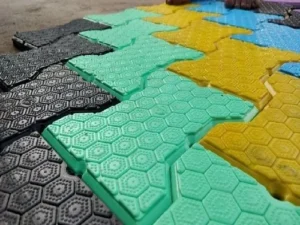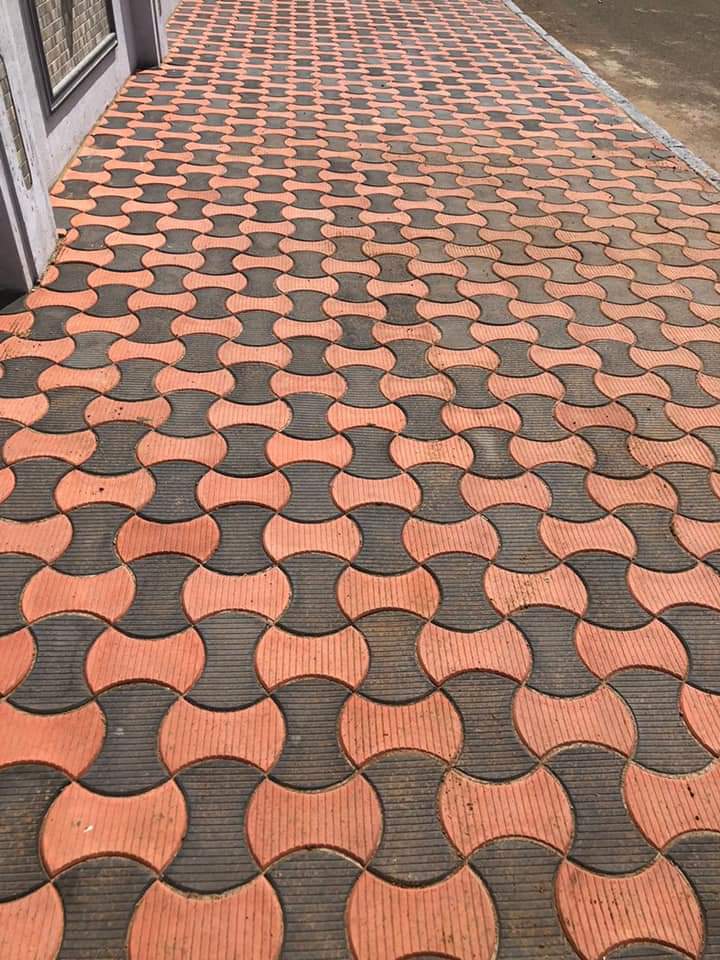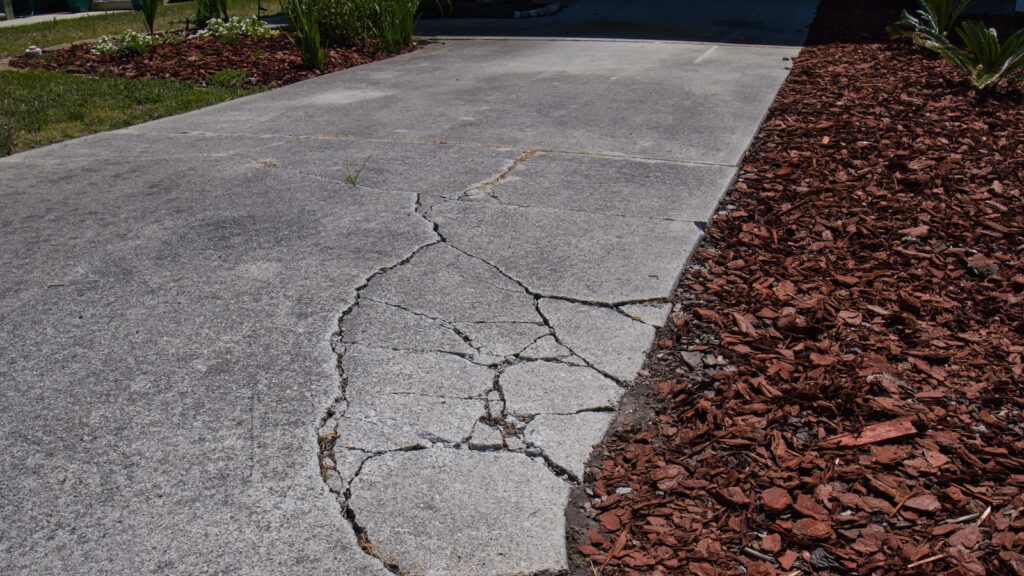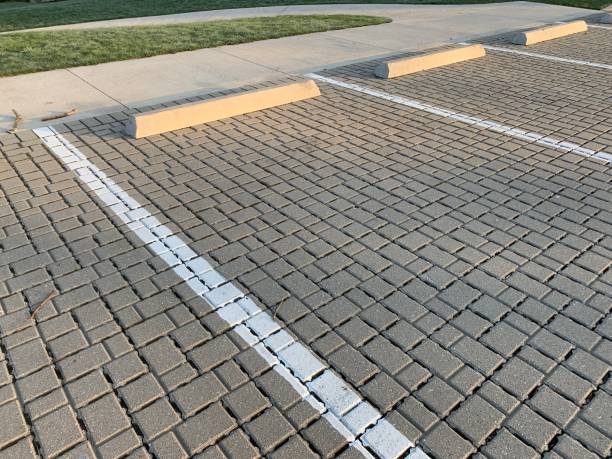Types of Paving Stones Available in South Africa
While asphalt makes up the majority of pavement in South Africa, there are other materials that can serve as walkways, driveways, patios, pool decks, and even parking areas. These other materials offer distinct advantages for special use, both in terms of performance and aesthetics.
And to be perfectly clear, paving tiles win over asphalt where it comes to style – by a country mile. The mottled, herringbone or cool-slate grey versions rise to the occasion for discerning homeowners who understand the investment can yield dividends in beauty and home resale value.
When considering paving stones as a hardscape solution, just know to seek out an experienced paving stone contractor who specializes in pavers. Not all asphalt and paving contractors offer pavers and not all that do are good enough at the craft to be called paver contractors. Perform your due diligence.
Take a dive into the roughly dozen-and-a-half different choices available to homeowners who are looking for a distinct type of paver that is both pragmatic and pretty.
Natural stone/Driveway appropriate
Brick, basalt paver tiles, marble tiles, driveway paving stones, and bluestone are durable enough to withstand the weight of cars and trucks. Other man-made materials (concrete pavers) can as well, but for the owner who prefers all-natural materials, these are your primary choices.
Brick, made of fired clay (i.e., it’s manufactured from natural materials), is most commonly used and it offers a broad selection of colors and shapes that allow for creative and stunning patterns. Brick can crack and chip over time, however.
Basalt paver tiles, largely in the grey to the black family, are a distinct look but are usually set in mortar (other pavers types are set firmly in the sand, making them permeable).
Marble pavers can also be used for driveways, however, most marble used for this purpose is manufactured. But to be clear, both the real and ersatz marbles are stunningly attractive.
Bluestone, a variety of sandstone, can be used on driveways if it’s thick enough. As with marble, there are man-made versions that aren’t bluestones at all and do not perform as such. Buyer beware.
Natural stone/Walkways, patios, pool deck appropriate
All the types of natural stone that can be used for driveways are wholly appropriate for other uses. The defining difference is a walkway with patio stone, and the pool deck is not strong enough to support a motor vehicle (2000 pounds or more).
Flagstone is an example. Formed of sediments eons ago, they are shaped by nature and theref


ore add randomness to how they are laid out (and not brick-like in shape). Nature also creates flagstone in a broad range of colors and textures – which, by the way, assists in creating a non-slip feature appropriate for walkways.
Travertine is formed by sedimentation, like flagstone, but is more typically cut to perfect shapes for a more uniform appearance. They are quite durable and will not hold heat (easy to walk on barefoot in summer). One downside is the material stains.
Man-made stone/concrete
Concrete pavers can be stained into colors. They are preferred by landscape designers who think holistically about aesthetics of designs. Concrete is generally less expensive compared to clay bricks. Additionally, concrete pavers are advantageous over simple poured concrete slabs in that cracking is much less an issue. Shifting and settling of soils, unfortunately, an inevitability will fissure along the seams with pavers. With concrete slabs, an ugly crack can cut across it and be unrepairable.
Manmade stone/Porcelain
Porcelain is made with clay and subjected to high temperatures. Unlike bricks, it might qualify to some as a natural material. It’s fairly durable except against very cold temperatures.
Recycled materials: Plastic and rubber
Relatively new material for use as a flooring material, indoors and out. Rubber is considered an eco-friendly


product in that it is usually made of recycled tires. The biggest advantage is dropped objects – think outdoor dining – will be less likely to break. It’s also kind to bare feet and is slip-resistant. Aesthetically speaking it’s an acquired taste. They’ve not been used extensively in different climates the longevity of the material has yet to be proven.
Similarly, plastic pavers, formed from recycled plastic waste, earn fans among those concerned with the linear economy. This is a move from raw materials to short-term consumer use to landfills or oceans. Plastic pavers have yet to be proven durable. They can be formed to mimic stone surfaces. They might be worth trying in limited areas where performance can be judged over time.
Looking for Quote now that you know about different types of Paving stones? Then contact LawnKing Gardens, your experts in Landscaping products and services.
Related Post on Paving:






